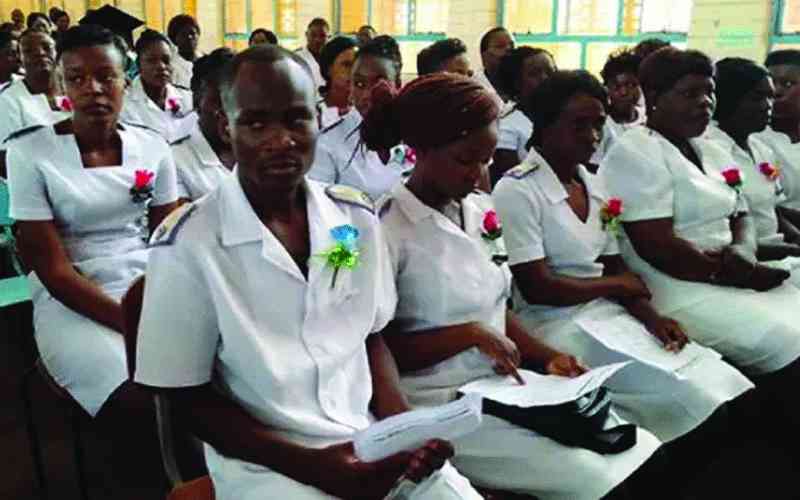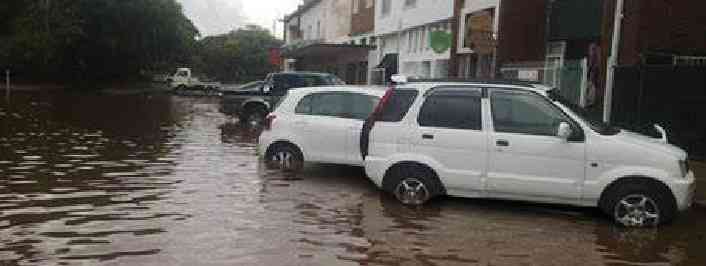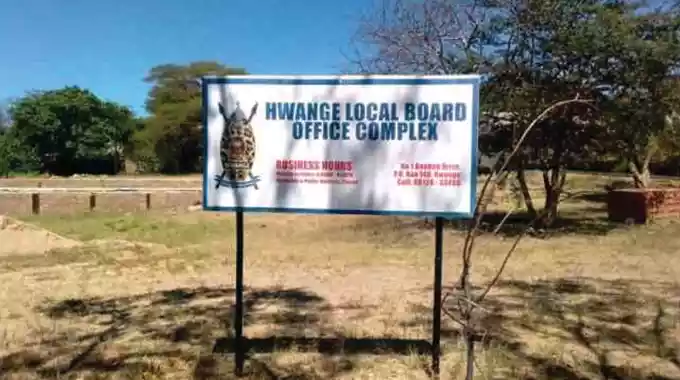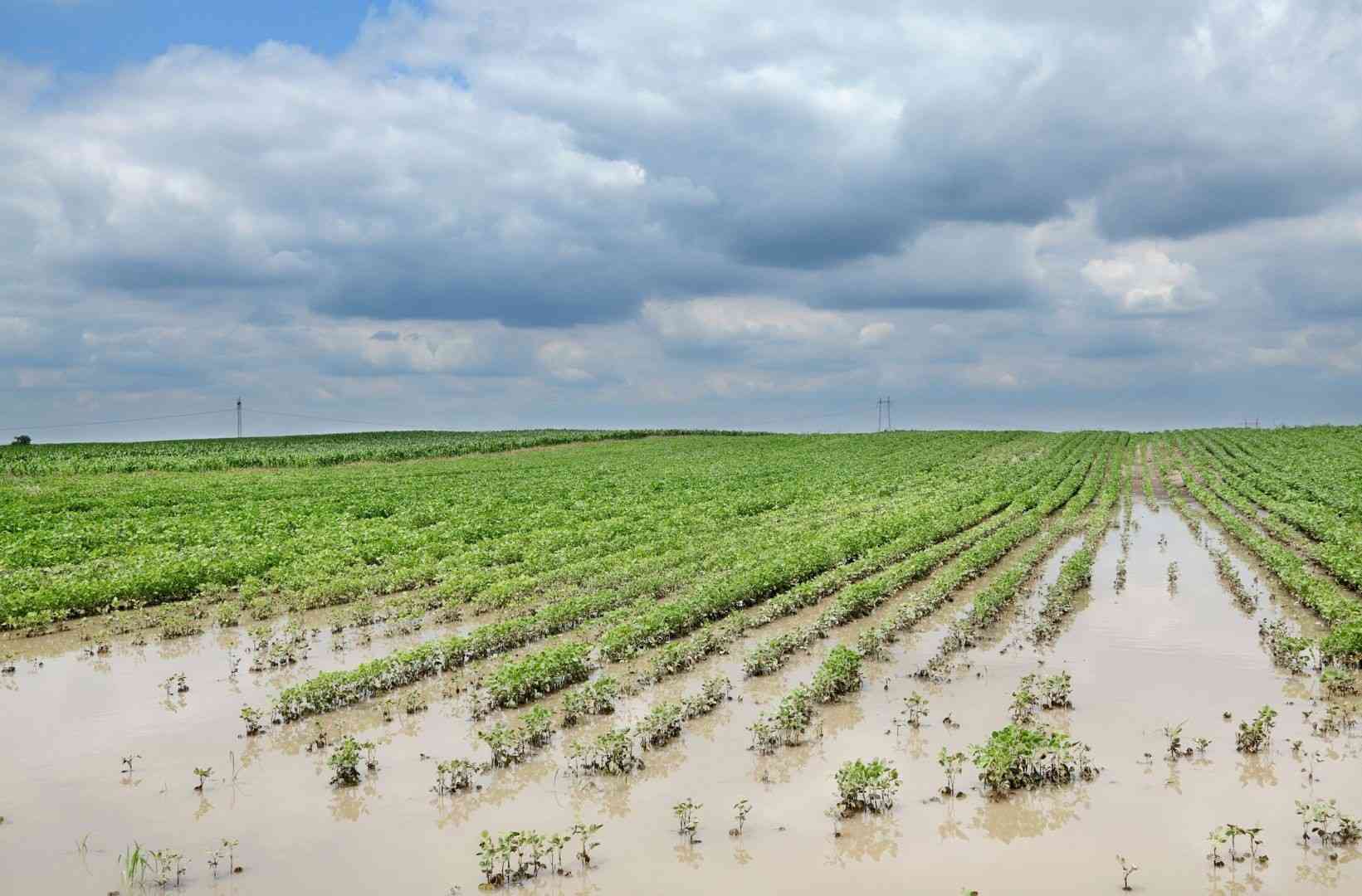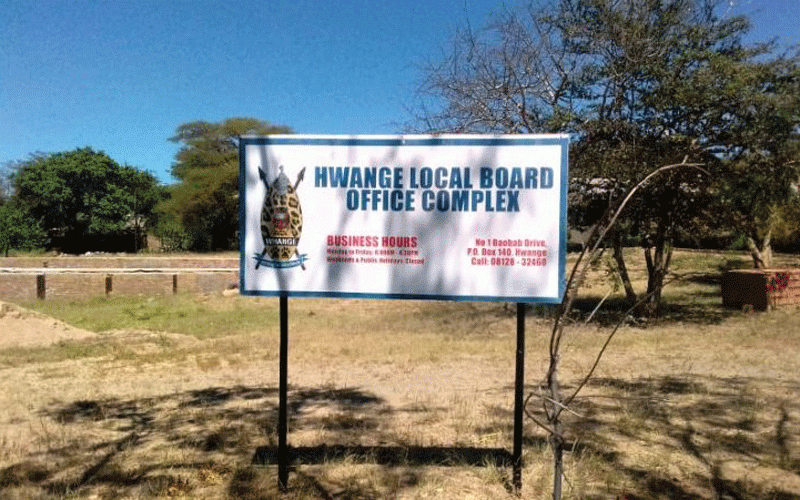
The Hwange Local Board (HLB) is set to repossess undeveloped or unpaid properties as the local authority battles to recover over US$6.4 million owed by ratepayers.
The bulk of the debt stems from outstanding property taxes, while the council itself owes ZiG 11.4 million—mostly to statutory bodies.
The debt overhang has strained service delivery and stalled a number of development projects in the coal-mining town.
In a bid to improve revenue collection, the local authority has issued final written demand letters to defaulters and is now taking legal action against property owners who have not paid rates for more than 120 days.
“The legal route is our last resort, as we have always sought to maintain a cordial relationship with our stakeholders,” said HLB Town Secretary Ndumiso Mdlalose in a statement.
Mdlalose said the council had over the past few years adopted several recovery measures, including door-to-door debt collection, payment notices, and service clearance schemes, which have seen revenue collection rise from 22% to over 30%in recent months.
However, council has now turned its attention to land beneficiaries who have failed to honour payment obligations for residential, commercial, and industrial stands.
HLB has begun sending letters to affected individuals and institutions, inviting them to regularize their accounts before repossession proceedings begin.
- Hwange Local Board queries Zinwa water bill
- Hwange residents demand review of by-laws
- Hwange council conducts valuation exercise
- Hwange wants Zinwa to hand over water reticulation services
Keep Reading
The exercise has started in the Don Bosco low-density area, with public notices of intention to repossess properties expected soon.
“We are simply enforcing accountability and ensuring that land and properties are utilized productively.
“Repossession is a last measure, but we must protect council land from speculation and ensure value for our community,” Mdlalose said.
Despite improvements in collections, HLB continues to struggle with limited funding for major infrastructure projects.
Among stalled initiatives is the Empumalanga Flea Market, which remains 40% complete and requires US$100,000 for completion.
The project is expected to provide safe and organized trading spaces for small businesses and decongest informal trading zones.
“We are actively seeking partners to help us complete the flea market, as it is key to promoting local economic growth and providing decent trading facilities,” Mdlalose said.
The council has also called for expressions of interest to rehabilitate Nengasha Stadium, a vital recreational facility for the Hwange community.
In addition, construction of a new primary school at Dynamic Village is set to commence next month.
The project, starting with two classroom blocks, aims to ease pressure on Nechibondo Primary School, which has been forced into hot-sitting due to increased enrolments.
Council also plans to construct modern market stalls at strategic points within its jurisdiction to formalize informal trading and improve hygiene standards.
“Hwange Local Board remains committed to improving service delivery, strengthening stakeholder relations, and accelerating local development despite financial constraints,” Mdlalose said.

